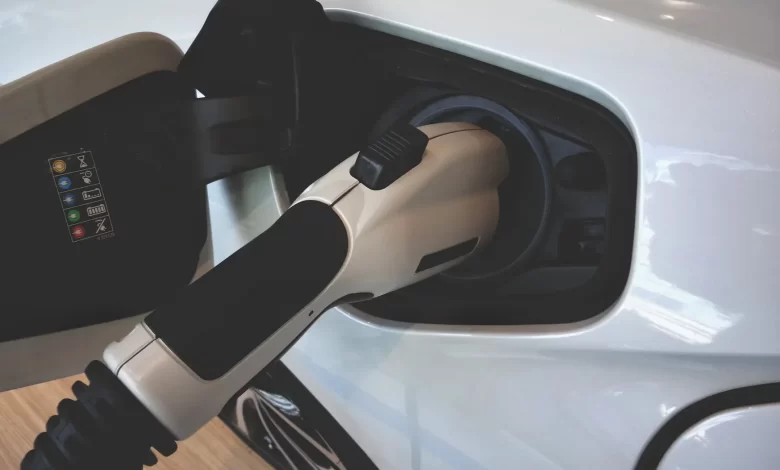Kenya’s plan to tax Electric Vehicles raises concern

- The Kenyan government intends to introduce a Finance Bill in 2024 that would impose a value-added tax (VAT) on electric bikes, buses, and solar and lithium-ion batteries.
- Furthermore, the Nairobi-based Associated Battery Manufacturers (ABM) is reportedly concerned that the proposed eco-tax will raise the cost of a 60-kilogramme solar battery in Kenya by $312 (45,000 Kenyan shillings).
- This comes as the number of registered electric vehicles and motorcycles in Kenya grew more than fivefold in 2023. Furthermore, the proposed tax would affect the 3,753 registered EVs in the country as of 2023.
According to an Energy and Petroleum Regulatory Authority (Epra) report, Kenya’s transport authority will register 2,694 electric vehicles (EVs) in 2023, which is more than the total number of EVs previously registered in Kenya.
In April 2024, Kenya proposed an e-mobility policy draft to encourage local manufacturing and assembly of electric vehicles (EVs). It’d offer incentives to manufacturers and assemblers while also encouraging local battery manufacturing, recycling, and repurposing efforts.
Following the draft policy, M-KOPA, the country’s fintech platform, partnered with ride-hailing platform Bolt to launch 5,000 new electric bikes (e-bikes) in Kenya over the next three years.
In addition, BasiGo, a Kenyan electric mobility startup, has launched Kenya’s first specialised assembly line for modern electric buses.
The Finance Bill 2024, recently presented in Parliament, aims to broaden the nation’s tax base to include more economic activities while removing certain exemptions.
However, the tax proposal has raised concerns that it will slow or stifle the growth of EVs in the country. Guy Jack, CEO of Associated Battery Manufacturers, stated that the development was “completely unsustainable” and would impact jobs. It also raises concerns that interest and international investment in the sector will decline.
However, President William Ruto sees it as a way to improve the country’s tax environment and pay off its debts.
While Kenya intends to impose an EV tax, countries, including Tunisia announced in 2023 to offer tax breaks and purchase incentives to boost its EV sector and meet its goal of 130,000 electric vehicles by 2030.
Got a tip? Our journalists are ready to dig deeper. Please share your insights and information and help us uncover the stories that matter.



